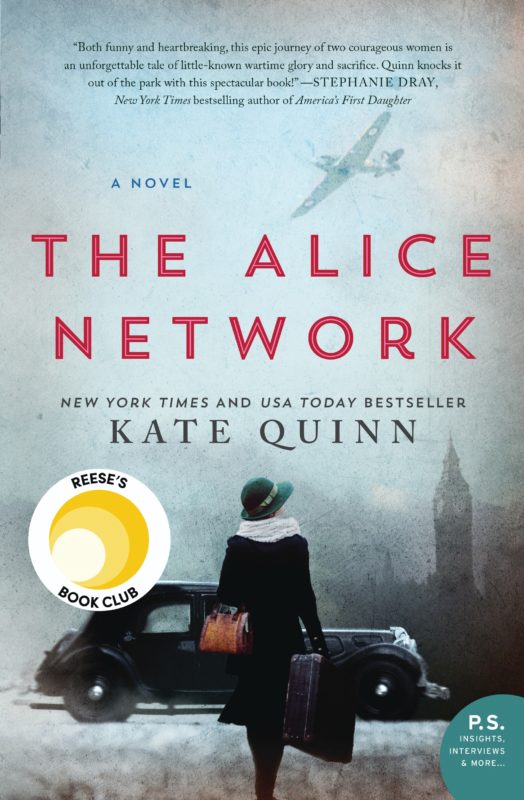So I have to wonder: why all the fascination lately with royal mistresses?
Well, maybe I don’t wonder that much. From a historical fiction novelist’s standpoint, I can see why fellow HF writers like royal mistresses as characters for novels: they’re probably better-looking than a queen or princess who is the process of twenty-five generations of royal inbreeding, and they get better sex than queens or princesses. Also, they get great jewelry.
But still, from all the plethora of novels lately about royal mistresses, I have to wonder why modern readers have so much fascination with the women who had sex with kings. It’s not exactly a role model career, after all. It’s more like a precarious temp job which might have great perks, but which can be snatched from you at any time by middle age, your boss’s boredom, or an up-and-coming rival with tighter skin.
The perks of the job can be tempting, of course. The presents are terrific: Henri II of France gave his mistress Diane de Poitiers whole estates carved everywhere with their H&D initials. Fantastic jewelry is a matter of course, like the emeralds given to the Princess de Soubise by Louis XIV, which she wore to signal him when her husband would be out of town. If a mistress managed to have a child by the king, she could reap the benefits of rearing a royal bastard: half the dukedoms of England today were originally bestowed by Charles II on his illegitimate children. Even beyond the jewelry and property is the power. Charles II’s mistress Louise de Kerouaille advised him routinely on French policy. Henri VI of France valued his beloved Gabrielle d’Estrees as a diplomat as well as a lover, and eventually gave her a seat on his council.
The downsides of being a royal mistress, however, were considerable. Other women plotted non-stop to steal your job. The king himself might get tired of you. And however much power you had at the pinnacle of success, you usually had none when discarded. Louise de Valliere found herself in a convent after Louis XIV was done with her, shaven-headed and alone. Admiral Nelson (not royal, but far more popular than any king) begged his friends on his deathbed to look after his mistress Lady Hamilton, but she still died in miserable poverty.
Historical fiction novelists have done a lot with royal mistresses. Sighing novels have been written about Louis XIV’s Madame de Montespan, Henry II’s Alais Capet and Rosamund Clifford, Edward III’s Alice Perrers and Edward IV’s Jane Shore, to name just a few. Some of these novels are very good (Anya Seton’s Katherine is superb) and some are absolute dreck. I’ve benefited from the trend myself, writing a book about a (fictional) mistress of Roman Emperor Domitian. With the advent of feminism, perhaps we shouldn’t still be so fascinated by women whose life ambition was to have sex with a king. But it’s a guilty pleasure: these beautiful women with their pillow whispers and their great jewelry, standing in the shadows of history.







